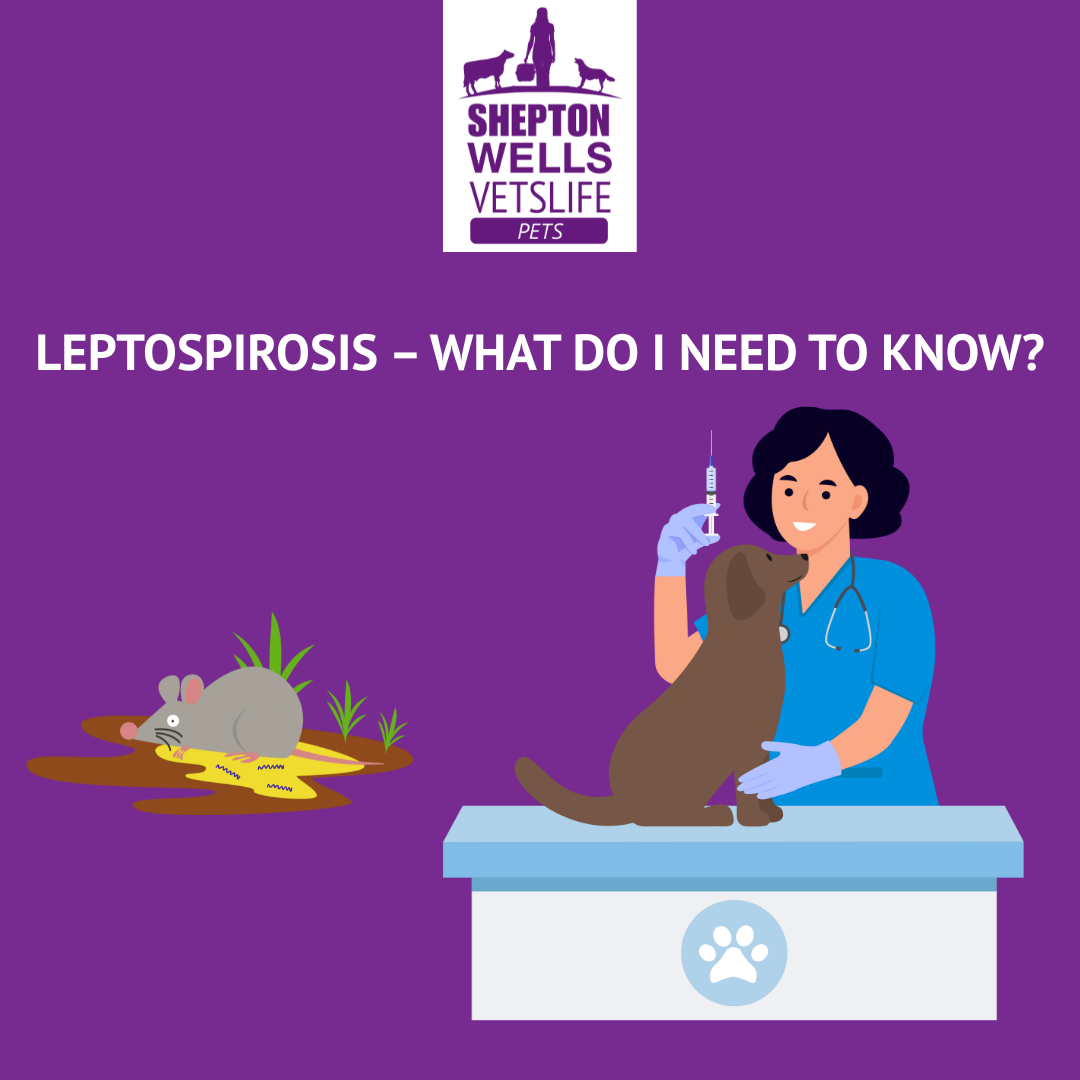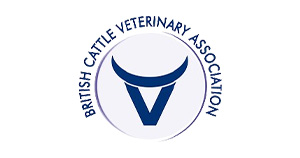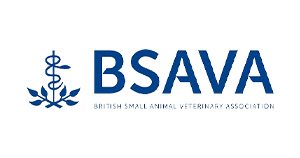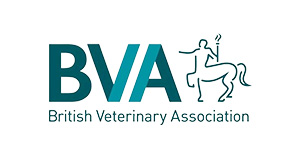LEPTOSPIROSIS – WHAT DO I NEED TO KNOW?
In recent months we have sadly seen a few cases of a condition called Leptospirosis in our community of canine friends. It causes very serious illness and despite all our efforts fighting to treat it, it can result in the loss of much beloved pets.
Here is what you need to know:
Leptospirosis is a disease spread via a bacteria called Leptospira. It is spread in urine and can live in water or soil for months. Leptospirosis enters the body through the mouth, nose or wounds. It is most commonly caught from infected urine in contaminated water or soil from e.g. rats and wildlife. In particular, slow moving or stagnant water such as rivers, lakes, ponds, streams, canals, drains and floodwater. It can also be caught from another infected dog.
Leptospirosis is zoonotic which means it can pass from dogs to humans and cause serious illness. Leptospirosis in people is also known as Weil’s disease.
It causes severe illness in dogs, primarily affecting the liver and kidneys. These animals are truly very sick, and they can and do die from this disease.
Symptoms can include:
- Jaundice (yellow gums and eyes)
- Vomiting
- Diarrhoea (which can be bloody)
- Lethargy
- Reduced appetite
- Weight loss
- Increased thirst and urination
- Difficulty breathing or increased breathing rate
- Coughing
Some dogs can have no, or very few symptoms.
Many people ask if Leptospirosis is that serious an illness and the short answer is YES!
At Shepton vets we have seen several pets who have contracted this disease. They are often extremely sick with multiple organ failure, almost a third of cases sadly die but we have saved some through intensive nursing, and multiple treatments, fighting hard to keep these beloved pets alive at considerable cost and risk to the staff caring for them.
We are so fortunate that we have vaccines available that will protect against the four most common strains of Leptospirosis in the UK so that we can give our dogs the protection they need and deserve.
We first started to use Nobivac Lepto 4 vaccine in February 2015, almost 10 years ago. This followed evidence of patients within the UK contracting leptospirosis despite having been vaccinated with the Lepto 2 vaccination, due to additional strains causing disease. Over the last 10 years most of our canine patients have the Lepto 4 vaccine, with 98% of dogs at Shepton Vets now receiving this vaccine on a yearly basis. Over the last 12 months alone Shepton and Wells Vets have administered the Lepto 4 vaccine to more than 3,500 dogs.
An annual vaccination is the best way to reduce the risk of infection in your pet. The strongest recommendation we can give is that all team members within the practice, using the vaccines day-to-day, use the Nobivac Lepto 4 vaccine to vaccinate their own dogs, without exception.
At Shepton and Wells Vets we can advise you if your pet’s vaccinations are up to date. We are always happy to discuss vaccinations with you in your appointment and any concerns you have to give them the best protection.













